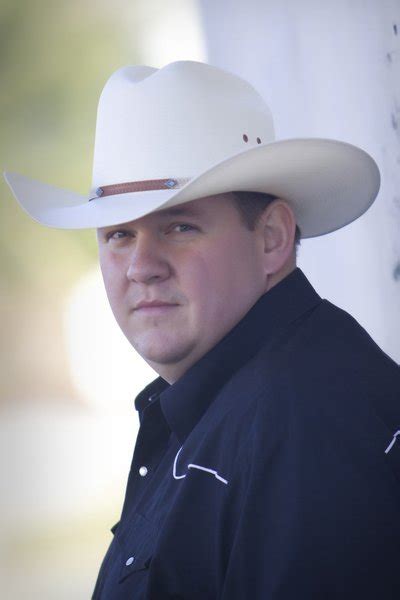A Quote by Alex Haley
I think one of the most fascinating things you can do after you learn about your own people is to study something about the history and culture of other people.
Related Quotes
To sing with other people and for other people, that's when you can really learn something about your voice. You can only learn so much if you create your own boundaries all the time. But then, other people can really teach you something. You know, if you're trying to sing with them, or if someone brings a style.
I think that anyone really can write songs, it just takes having an idea and a feeling and chasing it, and you can learn more about it. I think that's why I go to so many sessions. It is a craft that you can learn from other people. I find it to be the most fascinating thing. So I write a lot, yeah!
We are all healers of each other. Look at David Spiegel's fascinating study of putting people together in a support group and seeking that some people in it live twice as long as other people who are not in a support group. I asked David what went on in those groups and he said that people just cared about each other. Nothing big, no deep psychological stuff-people just cared about each other. The reality is that healing happens between people.
It's not about pop culture, and it's not about fooling people, and it's not about convincing people that they want something they don't. We figure out what we want. And I think we're pretty good at having the right discipline to think through whether a lot of other people are going to want it, too. That's what we get paid to do.
If there's a feeling you have, other people have it. If there's something weird about your life, other people have lived it. If there's something kooky about your body, other people have that, too. We're not alone. There's some kind of tremendous relief in that and I think it can only be expressed in belly laughter. This tremendous relief that happens the millisecond we realize, it's not just me. That's what good laughter is about. It's about knowing that you're not alone.
Most people do not realize that as they continue to find things to complain about, they disallow their own physical well-being. Many do not realize that before they were complaining about an aching body or a chronic disease, they were complaining about many other things first. It does not matter if the object of your complaint is about someone you are angry with, behavior in others that you believe is wrong, or something wrong with your own physical body. Complaining is complaining, and it disallows improvement.
You can't please everyone. When you're too focused on living up to other people's standards, you aren't spending enough time raising your own. Some people may whisper, complain and judge. But for the most part, it's all in your head. People care less about your actions than you think. Why? They have their own problems!
I've run into people in my life who were so dramatic; people who are so extreme and so frustrating to be around that you end up thinking about them and talking about them for literally years after your experience with them is over. I've had that happen to me, and I've seen it happen to other people. I find it fascinating.






































